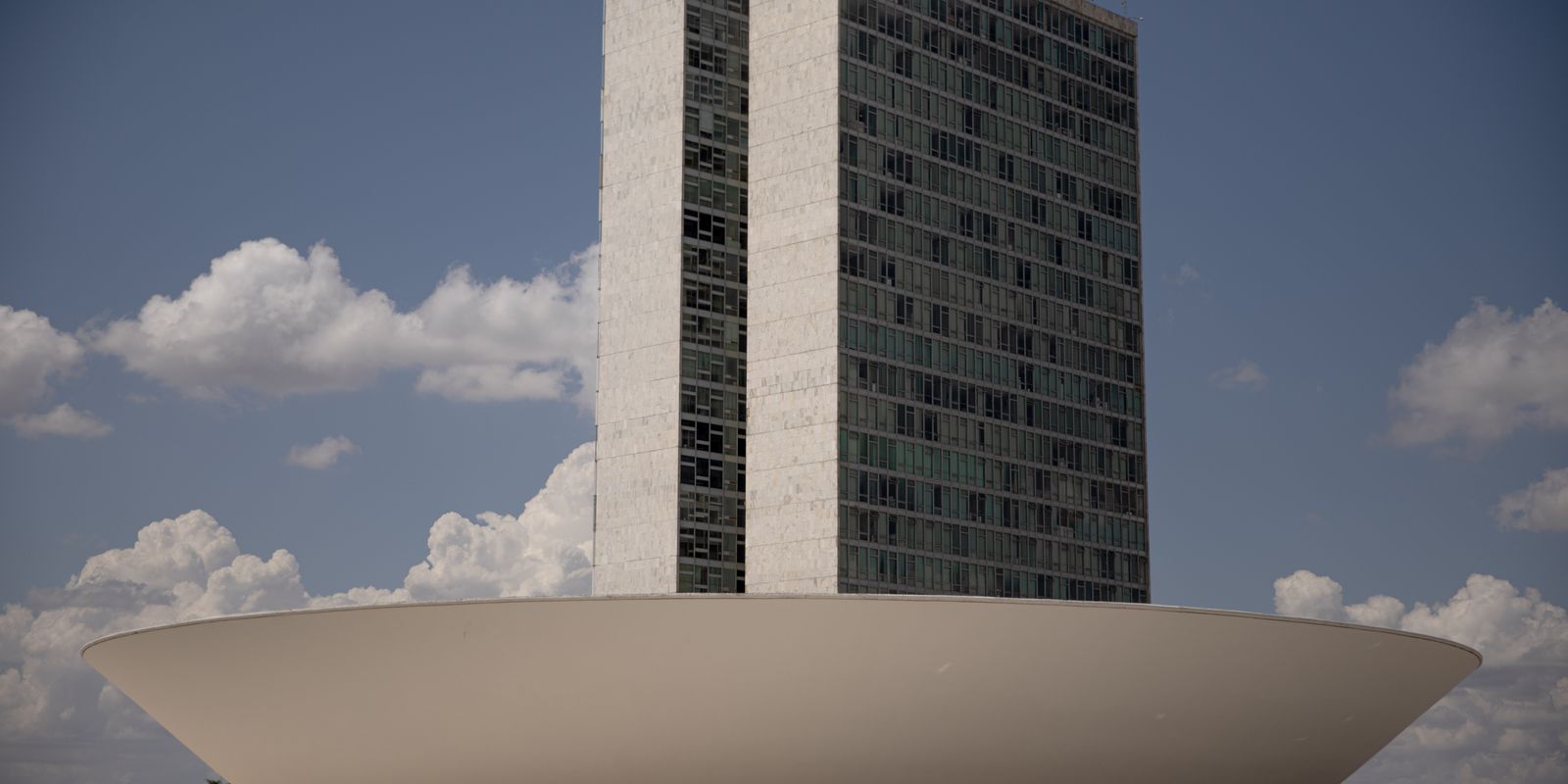The Chamber of Deputies (photo) approved this Thursday (12), in Brasília, two Provisional Measures (MPs) opening extraordinary credits for health actions in Rio Grande do Sul and combating fires and drought in the Amazon. The two measures are now being analyzed by the Senate.
MP 1253/24 determines the opening of extraordinary credits for the Ministry of Health and they will be used in favor of the population of Rio Grande do Sul, affected by the floods that hit the state in the first half of 2024.
The approved amount was R$308.2 million and will be used to offer infrastructure and health services to the state’s population, through the renovation and reconstruction of several medium and high complexity health units.
The resources will also be used in the organization of the Primary Health Care Services Network, through the change and restoration of several Basic Health Units (UBSs), as well as for the purchase of equipment.
Fires
Deputies also approved MP 1258/24, which opens extraordinary credits for the Ministries of Justice and Public Security; Environment and Climate Change; Agrarian Development and Family Farming; of Defense; Integration and Regional Development; Development and Social Assistance, Family and Fight Against Hunger; and Indigenous Peoples, aiming to combat fires and drought in the Amazon.
The total of R$514.5 million should be used, among other purposes, to formulate and implement policies, strategies and initiatives to control deforestation, forest fires and territorial environmental planning; prevention and control of forest fires in federal priority areas; protection of 128 conservation units; development and environmental management for 860 families under the agrarian reform program; protection and Civil Defense actions for 1.2 million people; distribution of food to 100 thousand families from traditional population groups and those in situations of food and nutritional insecurity resulting from an emergency or public calamity; purchase and distribution of food for 2,600 family farming families; and guarantee of multi-ethnic-cultural and social rights of 2,344 indigenous communities.















